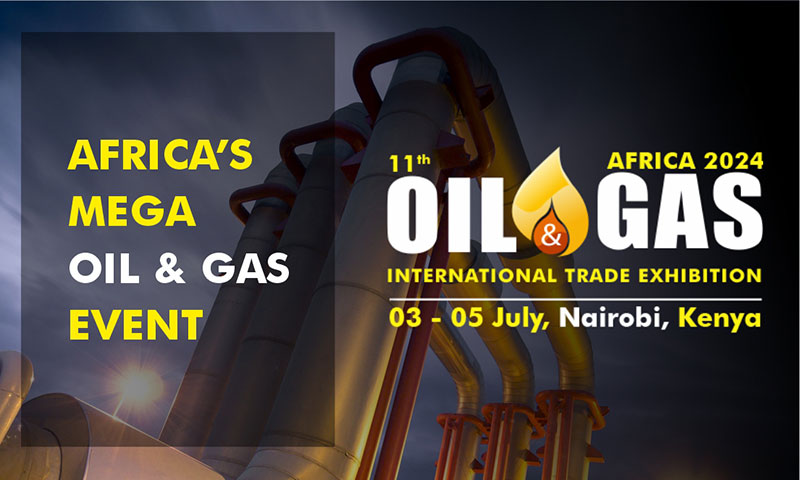

Nigeria: Foreign Oil and Gas Investors Are Watching Nigeria, Says Lawhead
Posted on :Tuesday , 20th October 2015
The Managing Director of Oil and Gas Council, a global business network for senior oil and gas executives, Mr. Drake Lawhead has stated that foreign investors in the oil and gas industry are currently watching Nigeria, stressing that it is undeniable that Nigeria's foreign direct investment has been hampered by the perception or fact of corruption and theft.
Speaking on the forthcoming West Africa Energy Assembly scheduled for December in Lagos, Lawhead said in a statement at the weekend that for decades, foreign companies considering doing business in Nigeria's oil and gas sector have had to accept certain 'on -the-ground' realities that their boards may have found difficult to come to terms with.
According to him, those ailments are well documented, but added that they are not universally applied to all Nigerian companies.
He noted that such ingrained perceptions do not disappear overnight, stressing however that there is a discernible change in mood about the prospects for cleaning up the business practices of the industry that has all happened on the back of President Muhammadu Buhari's election.
Lawhead pointed out that the appointment of Dr. Emmanuel Ibe Kachikwu as the Group Managing Director of the Nigerian National Petroleum Corporation (NNPC) was a strong signal that it is no longer business-as-usual in Nigeria's oil and gas industry.
"The people we speak to in London and in Asia have kept an eye on many of the reforms that are sweeping through the Energy sector in Nigeria. Things like the appointment of Dr Kachikwu and the wholesale change at the Director level at the NNPC and cancellation of contracts, etc., sends a strong signal to companies here that Nigeria is serious about regaining the trust of the international business community. They are watching to see what happens now," Lawhead added.
Lawhead further stated that President Buhari's self-appointment as Oil Minister is something that would be highly unusual in Europe or America.
He however noted that the President's decision to appoint himself Petroleum Minister makes sense in Nigeria.
According to him, President Buhari has been viewed rather positively in the West; and described his planned role as Petroleum Minister as a sign that the President is serious about the importance of getting that sector right and has put himself personally in charge of it.
Lawhead attributed the slow institutional change in Nigeria to vested interests and bureaucracies, adding that change must happen for Nigeria's oil and gas sector to thrive.
"Institutional change can be slow - there are too many vested interests that exist in bureaucracies for wide scale organisational change ever to be a simple matter. Yet it does happen, it must happen for Nigeria's oil and gas sector to thrive as it deserves to, and the early signs are that things are changing - and importantly, it's a change that has been noticed by the international business community," he explained.
Please Select an Option
-
Exhibiting
-
Visiting
-
Information

Expogroup
Expogroup is a full service exhibition organiser with over 28 Years experience in International trade exhibitions. Our current portfolio includes 28 annual exhibitions from a diverse range of industries being held across the Middle East & Africa.
EXPOGROUP © 2024 | Privacy policy
